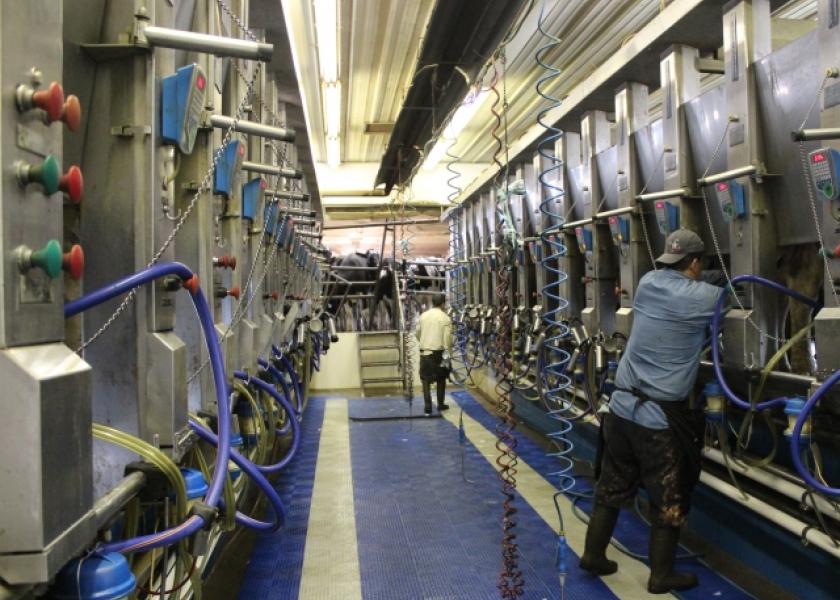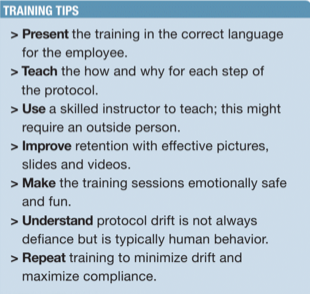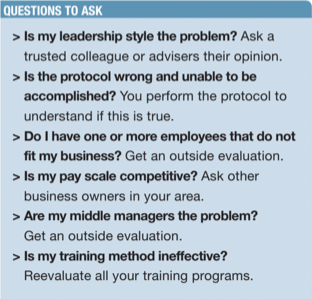Protocols: Easy to Write, Hard to Follow

I have been a member of the dairy industry my entire life and have observed and participated in many changes over the decades. As dairy farms grew, non-family employees increased. Many times I have listened to a client bemoan the reality that milking more cows meant less cow time and more people management time.
Hiring workers replaced feeding cows. Writing protocols replaced milking cows.
REDUCE VARIATION
The truth is, American agriculture can feed the world but struggles to manage its employees. Larger dairy groups now have enough employees to justify a human resource manager or an entire human resource department. Our biggest challenge is achieving consistent compliance with all the protocols we create. Reducing variation is more important than perfection in this arena.
The first point to remember is dairy farm protocols are written for people, not for cows. If you want compliance, start by getting “buy-in” from the people who will work under a specific protocol. Buy-in is best achieved by getting suggestions from the employees during the writing process. Employees can have valuable input with regard to how a task can be accomplished efficiently and consistently.
Next, establish effective training for each protocol. See the training tips below for keys to effective training.
WILL EMPLOYEES QUIT?
The final challenge is due to the tight labor supply. I often hear from dairy owners and managers concerned with losing employees if the owners push too hard on compliance. I understand their anxiety and have heard the occasional story of one or more employees suddenly walking off their jobs. These experiences and the concern of losing employees reveal much deeper problems than a protocol compliance issue.
Every business has a personality reflecting that of the business philosophy of the ownership. If you are concerned about training and enforcing protocols, step back and ask yourself the questions in the box below.
A fresh set of eyes from outside professionals can help with a complete and honest evaluation of protocol compliance. There are companies that specialize in agricultural HR management and employee training. Some companies you work with might offer training and human resource management help. It doesn’t cost anything to ask.









